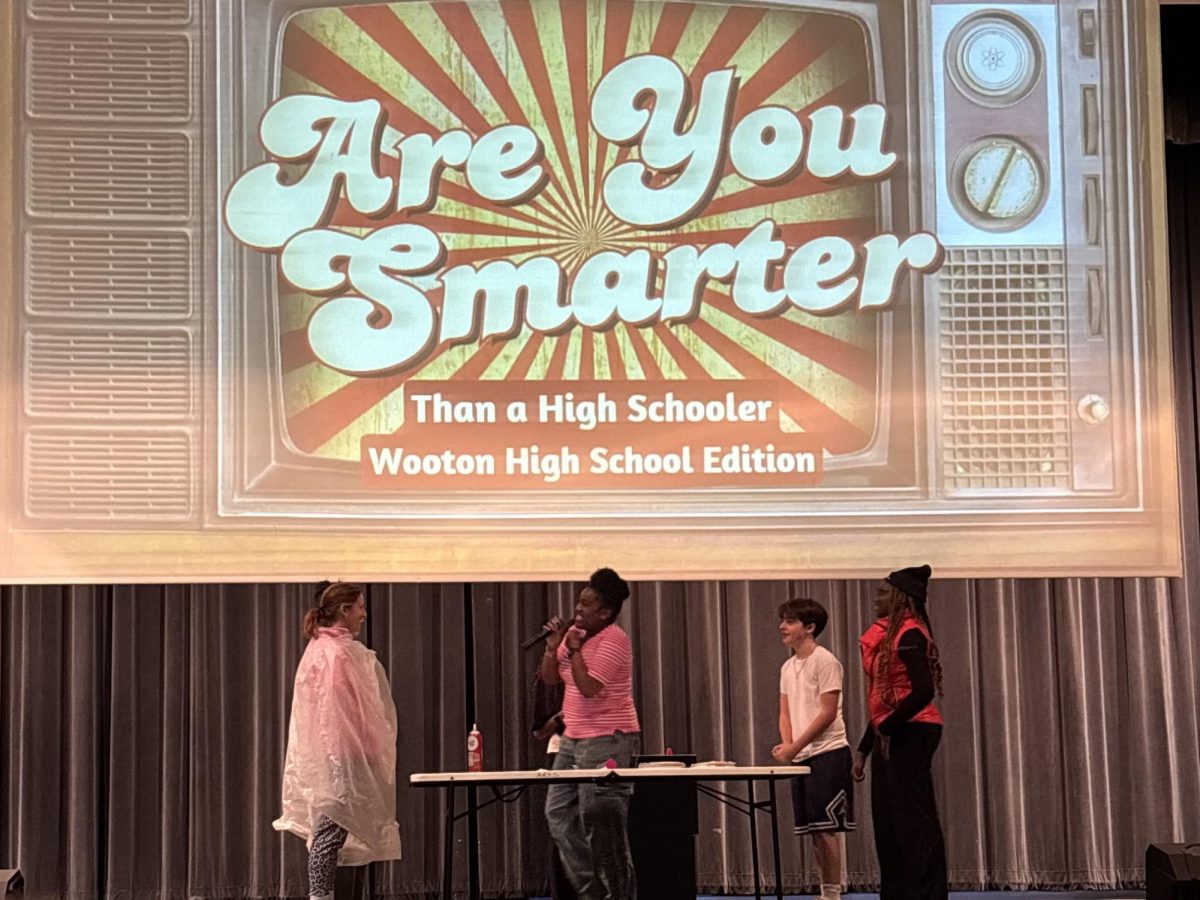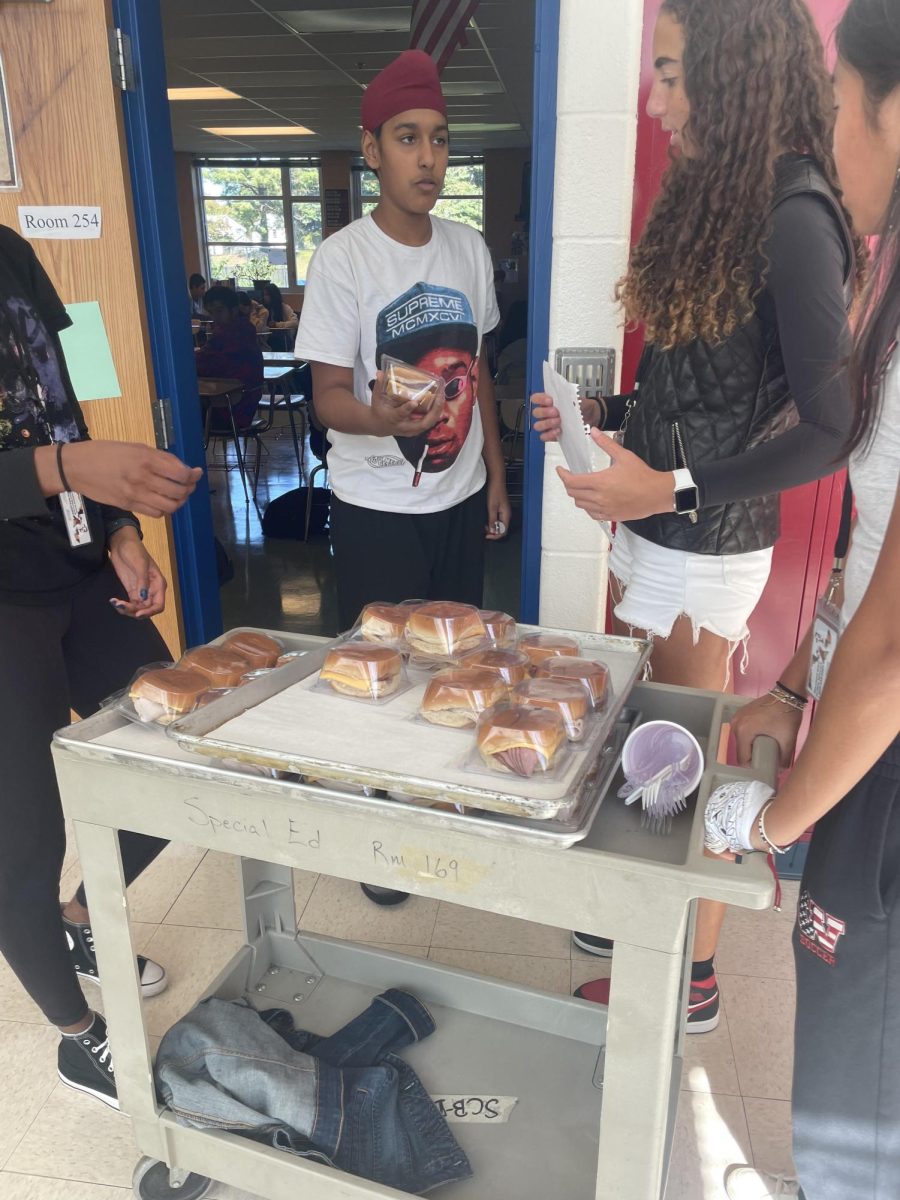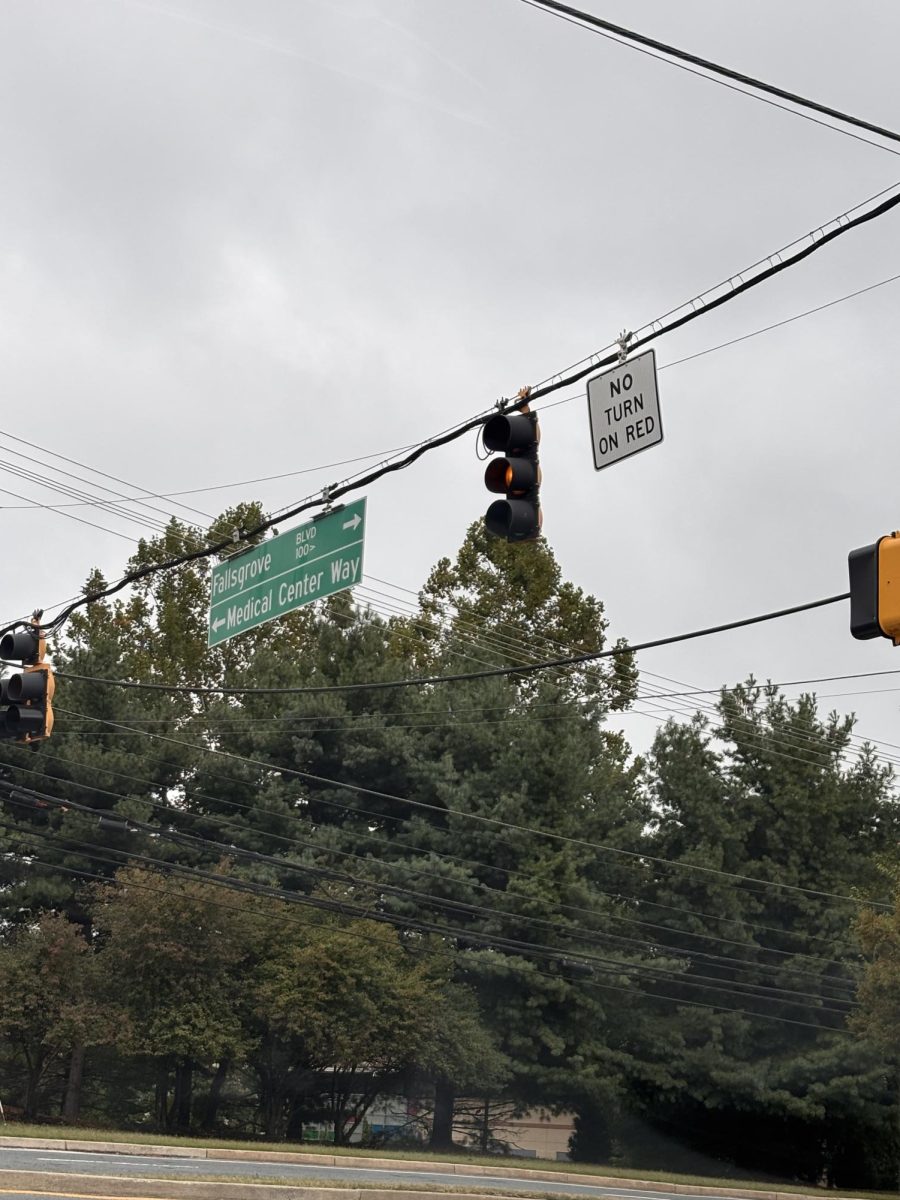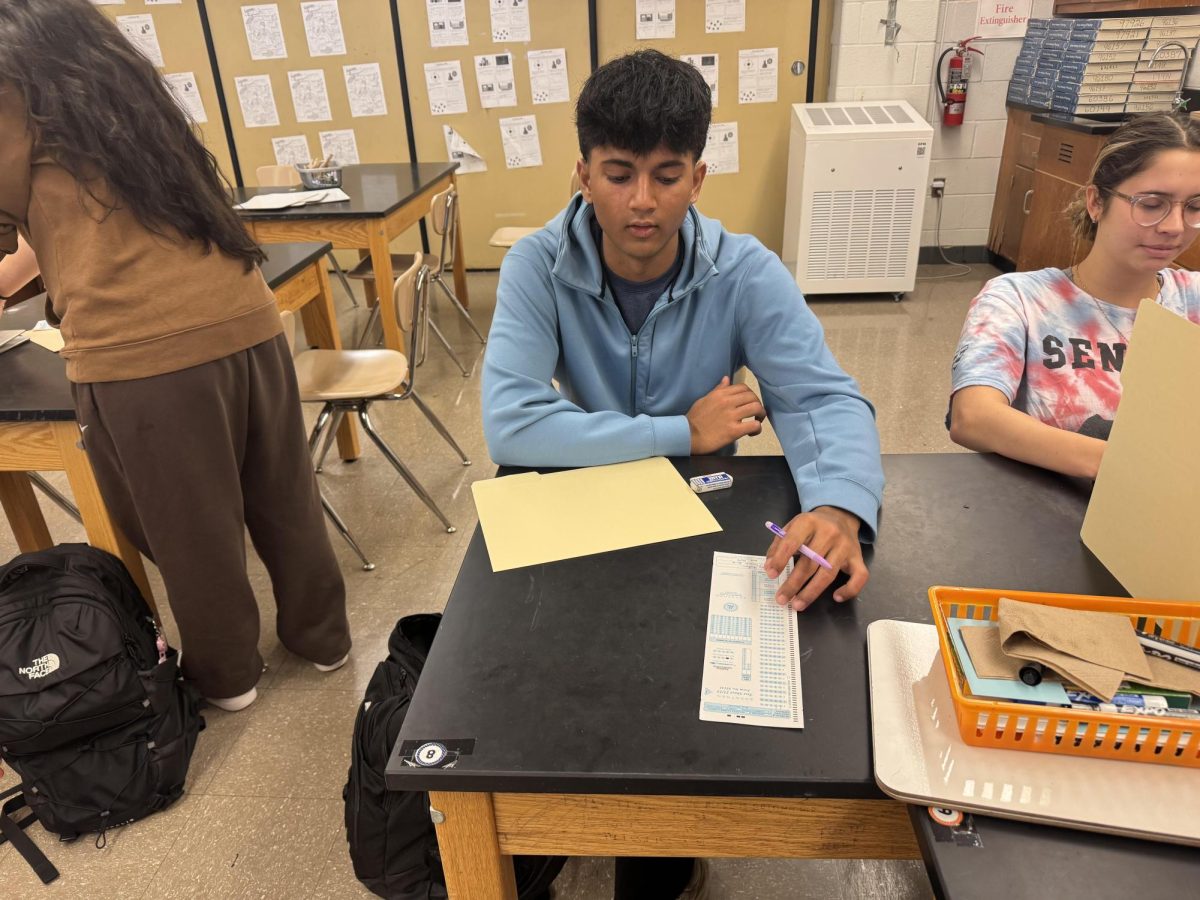Hannah Shapiro
managing editor
October is a month filled with fun activities like homecoming, pumpkin picking and ice-skating, but these are often put on hold as the Nov. 1 deadline for early action applications rapidly approaches.
There are different deadlines students can choose from when applying to colleges: early decision, early action and regular decision. Another options certain schools have is rolling admissions, where there is a longer application window so students can apply as fast or slow as they choose. With rolling admissions, students hear back sooner because the colleges respond as the applications come in, instead of waiting until a particular deadline.
Early decision and early action deadlines are usually the same, being Nov. 1, but these applications are different. Early decision is when a student is 100 percent certain they want to go to that school, and they can afford it. This application is binding, saying if you get in to that school, you have to go there. This is a good option for students who have a top choice school, and it shows the college how much you want to go there.
Early action is non-binding, and students hear back from the college sooner. These applicants also have until May 1 to commit to a college, giving them more time to decide. Senior Seamus Graham applied early action to all of his schools. “I did early action so I can compare my options and financials,” Graham said. “Also, early action automatically qualifies you for scholarship consideration.”
Because the early action and early decision deadlines come so fast at the start of the school year, many students begin the college application process over the summer. This gives them time focus on applications without the stress of work for other classes. There are also courses students can take over the summer to help guide them along the application process. Senior Max Moinfar took one of these classes, but did not get as much out of it as he had hoped. “I took a class taught by Capital Educators over the summer, but they just gave us deadlines as to when we should have the essays finished, which is not what I was expecting the class to be like,” Moinfar said.
English classes here also prepare students for their essays for college. Last Spring AP Lang students wrote an essay choosing from the Common App application essay prompts and got feedback from their teachers. Senior Chloe Nguyen applied early action to her schools and started the process well before the school year began. “I wrote my essay in AP Lang last year, and over the summer I spent a lot of time working on my applications. I started submitting my apps at the end of September, so it was a weight lifted off my shoulders and I was glad I got them over with,” Nguyen said.
AP Lang is not the only English class writing college essays. To start senior year, Honors English 12 classes wrote an essay they could use for their applications. For the students who had taken AP Lang the previous year, this was a chance to perfect their essay and get more feedback. This time was important to the students, because they have so much gong on otherwise.







